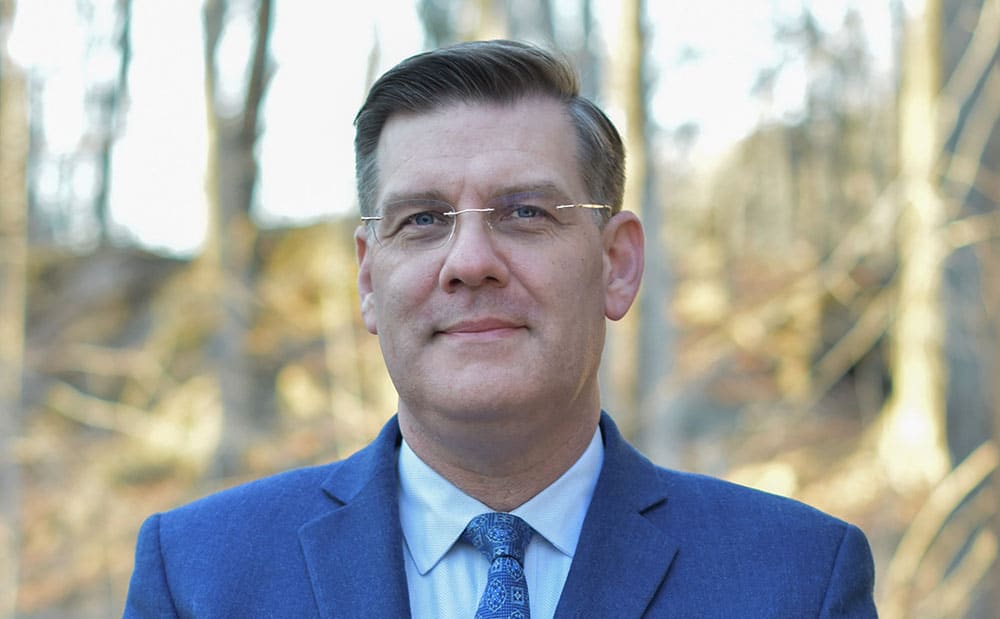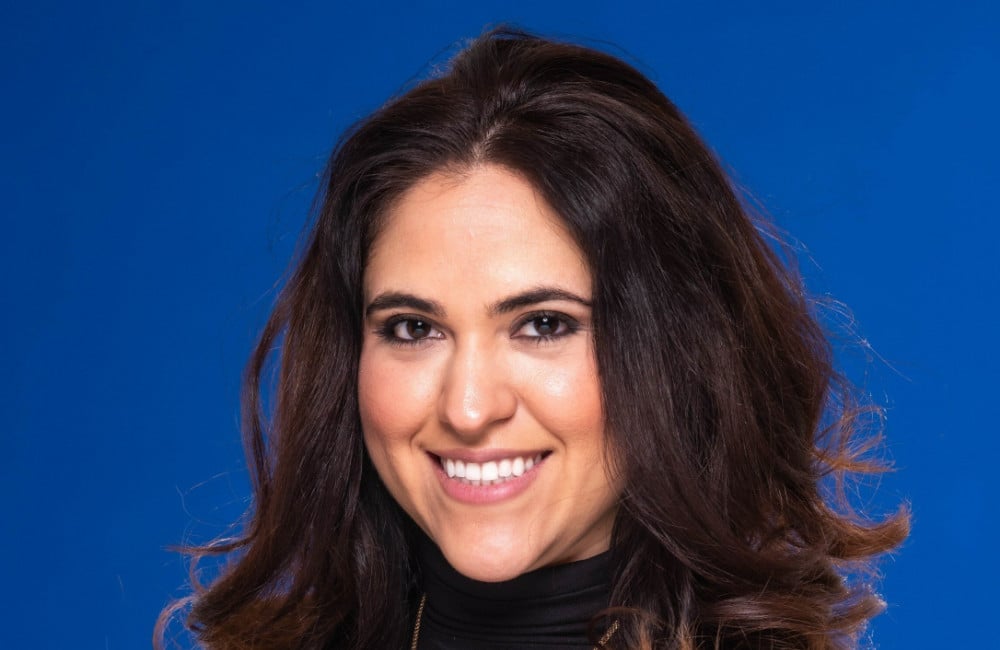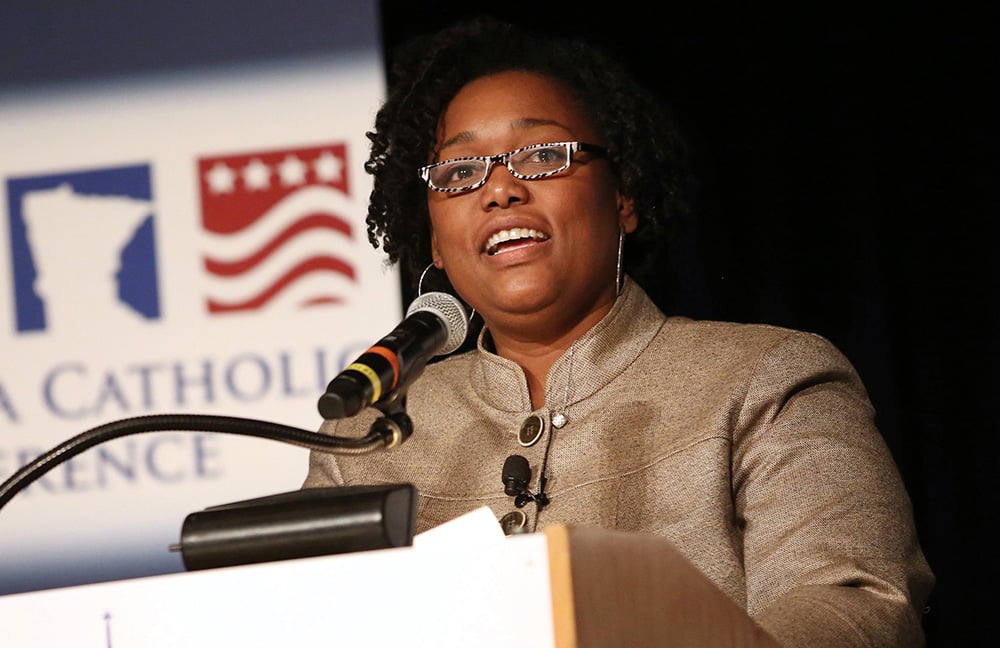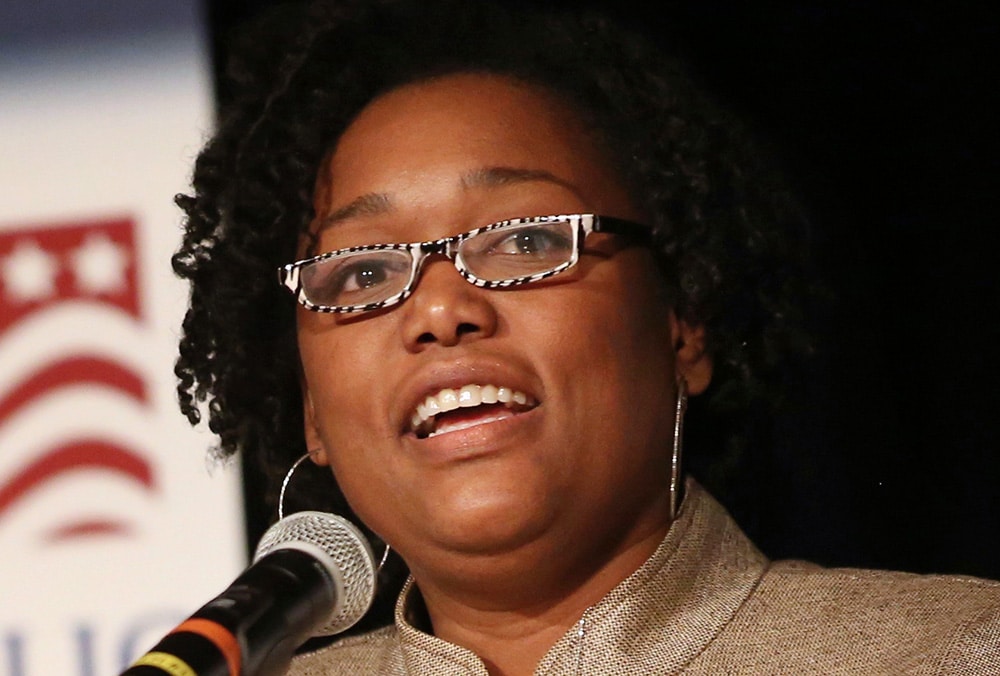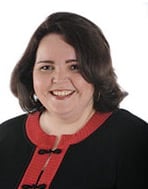
It also happened to be All Souls Day, and the morning after one of my dear friends, Andrew Walther, died. Even though he had been diagnosed with leukemia in June, everything had been going well, until it wasn’t, just days before he died. Even when he told me about the cancer reappearing a few days earlier, he didn’t think he was going to die. He was prepared for whatever God willed — honestly and truly. But he had a peace about the present and the future, even as some of the new complications were frustrating challenges.
Andrew was president for news at EWTN and formerly a vice president working on communications and public policy at the Knights of Columbus. Andrew had done more things in his life and even in the few months since his diagnosis than anyone will ever know. So many people relied upon his wise counsel.
In his time, among so many things, he was the greatest friend to persecuted Christians there is. He had come to believe that God had given him a mission to insist that they be able to have a future in the cradle of Christianity where they had lived for so long.
He was such a fighter for truth, one of the most clear-thinking and courageous people I know. He knew too much about history and the world to have any illusions. He had seen too much. And yet, that never made him cynical. It made him more insistent on proclaiming Christ in the dark corners and bringing truth to light.
One of my favorite of Andrew’s stories was when he got the Obama administration’s State Department to recognize the genocide of Christians and other religious minorities in Iraq. I’ll never forget having dinner with him on that Friday night. After a busy week of advocacy in Washington, D.C., I was going to interview Father Douglas Bazi from Iraq the next day and thought out loud, “Where am I going to get to Mass in the morning?” It so happened that, at the time, I was on the board of the Catholic Information Center, which happens to be the closest tabernacle to the White House.
And so we decided we had a job for Father Bazi. Saturday’s Mass was in Aramaic. There were only a few of us there, but there was not a dry eye as the Lord’s Prayer was prayed in the language Jesus would have prayed it! Later that week, in what I called the St. Patrick’s Day miracle, John Kerry said the truth about what was happening to the Christians and Yazidis.
So much of what Andrew did was rooted in prayer.
In fact, in the last year, as COVID-19 hit, one of the hardest parts we would talk about was the separation from the sacraments. So he worked with doctors to get guidelines to bishops about how to open things safely. He was a man who was about God, and he was disappointed people didn’t seem to have an urgency about reopening churches when liquor stores were open all the while.
As he worked even through chemo, it was sacramental visits from priests he was greatly appreciative of — along with all the prayers for him and his family.
I miss my friend, but I also know that we are not made for this world. And his death reminds me not to get caught up in it. He didn’t. He knew what he was about. Don’t get distracted. His life of virtue is a reminder that it is possible and necessary and the call.
Kathryn Jean Lopez is a senior fellow at the National Review Institute and editor-at-large of National Review.

